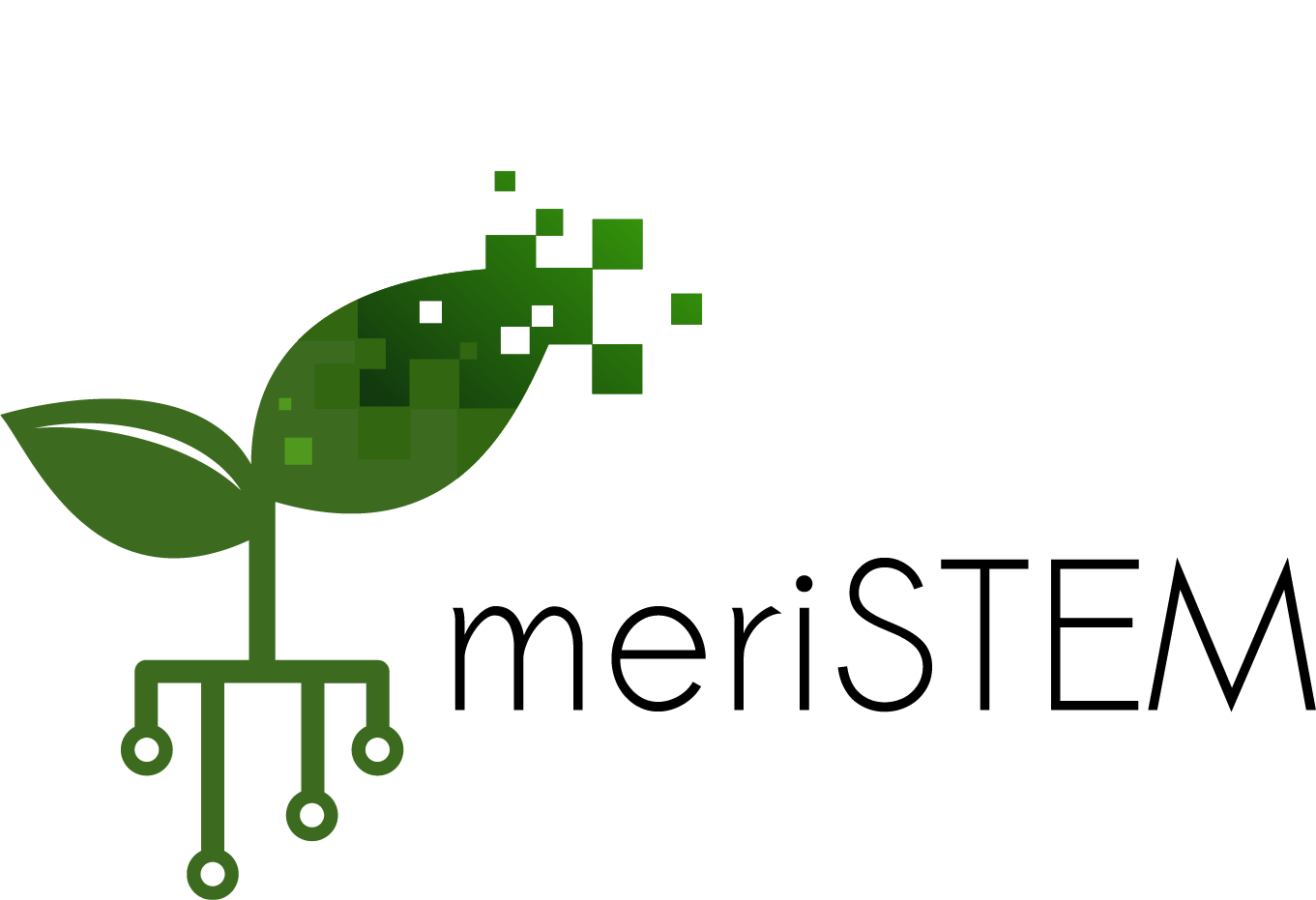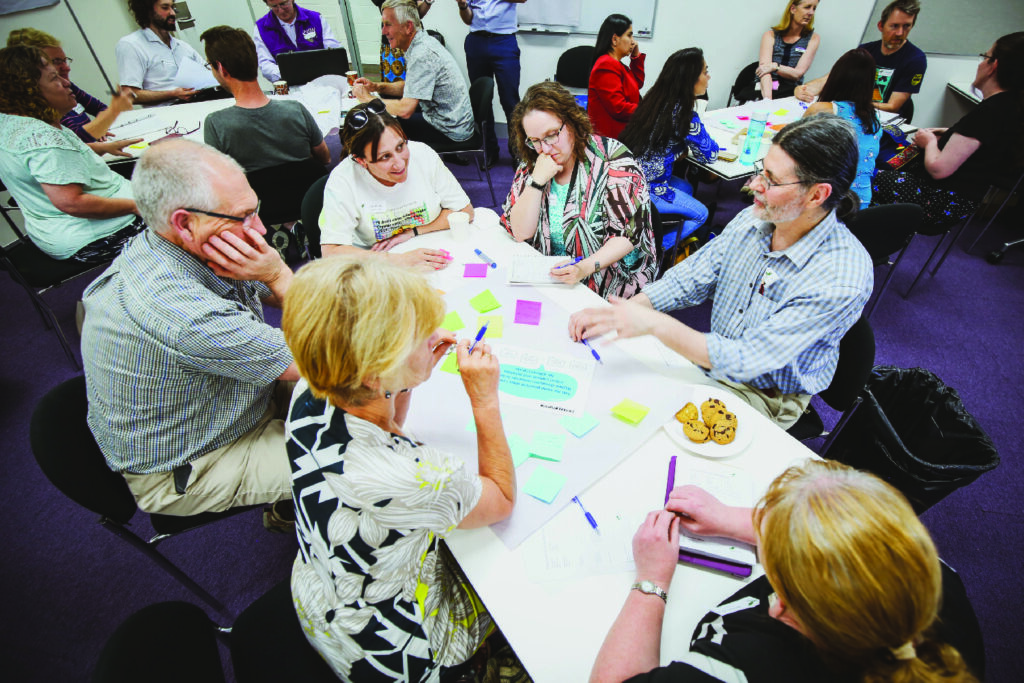Given our background in providing flipped classroom physics resources, and our local community of highly experienced flipping teachers, the meriSTEM team decided to host a workshop in October last year.
We held a short Q&A with expert flippers, then moved on to a problem solving exercise, seeding an expert at each table. In the online event registration, we had asked teachers to pose questions they had about flipping, so we cheekily turned those questions back onto them in the workshop!
With every teacher having different ideas and approaches to pedagogy, all benefited from the lively discussions around each table, and from brainstorming different techniques and strategies for making flipping work for each of us.
Of course, not everything applies to everyone, and we know that you can only please most students most of the time. But the workshop discussions offered a great toolkit refresh and confidence infusion for our teachers. And this is why we wanted to share the benefits of flipping with the rest of the country.
What are some ideas for getting students to work at home?
● Assign marks or other positive reinforcement incentives to on-time completion of online work to encourage students to engage meaningfully (work doesn’t have to be correct, just attempted).
● Each group has to bring a question to class discussion
● Use a system like Watch, Summarise, Reflect, Question (WSRQ) to guide study/note-taking
What are some ways of incorporating flipping into assessment?
● Use questions from the meriSTEM online resources on the test, and let students know this in advance
● Have students answer a questions at the start of class (could be the same questions as in pre-work, or slightly harder versions)
Tell me some teacher tricks for making my flipped classroom work on the run!
● Be firm in insisting that students watch the videos before class, and only answer questions once a student has watched the online materials.
● Use teacher-student relationship to “name and shame” or give “kudos”
● Use small whiteboards to do group problem-solving, peer-teaching
● At start of year, and every so often later on – do some meriSTEM video note-taking activities together, explicitly demonstrate study skills, expectations
Thanks to volunteer editor Lucy Campbell

